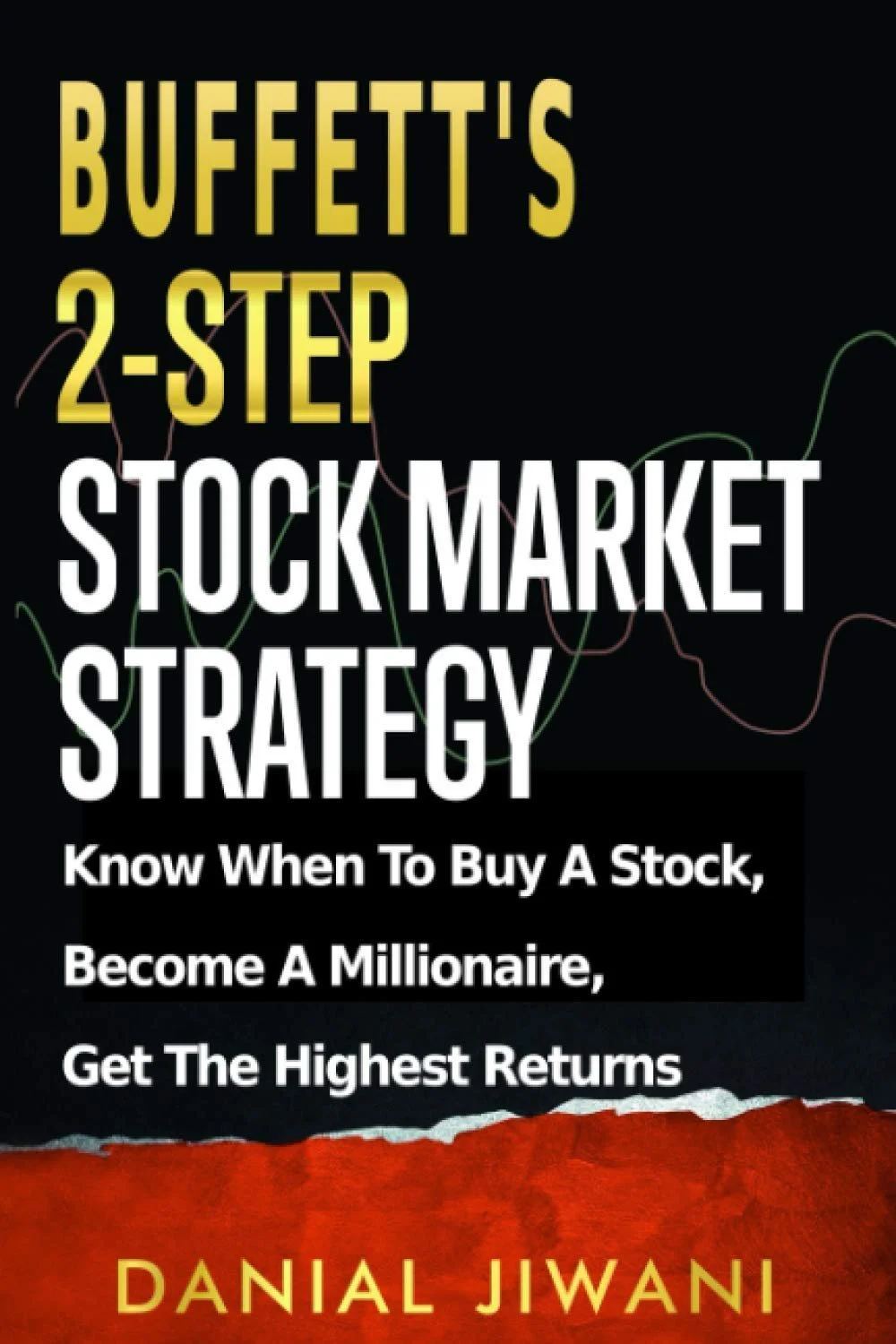
LESSON FOUR
HOW STOCK MARKETS OPERATE
“That whole idea that you own a business you know is vital to the investment process.”
Berkshire Hathaway founder Warren Buffett has repeatedly advised investors not to chase everything that shines. He says to focus on the opportunities they understand. It was only in 2016 that his company bought a stake in Apple after really understanding the business.
Another piece of Buffett advice? “Don’t watch the market closely.”
Doubling down on this recommendation, Buffett shares this analogy:
“If you had a chance to buy into a good company in your hometown—and you knew it was a good company and knew good people were running it, and you bought in at a fair price, you wouldn't want to get a quote every day.”
Stay strong when your stocks go down: View stock investments as long-term business partnerships rather than quick trading opportunities.
Also, avoid getting caught in the soaring-prices hype. Investors may buy into the expectation of further price increases rather than the underlying value of the investment itself. This can lead to a sharp correction or crash when investor sentiment shifts and prices return to more realistic levels.
HOW DOES THE STOCK MARKET OPERATE ANYWAY?
The stock market works through a network of exchanges, like the New York Stock Exchange and Nasdaq.
Buyers offer a “bid,” or the highest amount they’re willing to pay for a stock, which is usually lower than the amount sellers “ask” for in exchange. This difference is called the bid-ask spread.
Computer algorithms generally do most price-setting calculations. In many cases, the difference will be pennies and not much concern for beginner and long-term investors.
Who Oversees It?
The SEC does. It:
Protects investors
Maintains fair, orderly and efficient markets
Facilitates capital formation
Thanks to SEC rules, companies that publicly trade on the stock market must tell the truth about their business, and those who sell and trade securities must treat investors fairly and with honesty.
READ & LEARN
-

Buffett’s 2-Step Stock Market Strategy: Know When to Buy a Stock, Become a Millionaire, Get The Highest Returns
Compiles Buffett’s investing principles.
-

The Essays of Warren Buffett: Lessons for Corporate America
Provides a curated collection of his famous shareholder letters.
-

The Warren Buffett Way
Lays out the principles Buffett follows in investing with case studies.
-

The Intelligent Investor, the Definitive Book on Value Investing
Known the stock market bible since its original publication in 1949.
TAKEAWAY CONCEPTS
understand investment opportunities • stock market = network of exchanges • underlying value • computer algorithms • SEC protects investors
HELPFUL
DEFINITIONS
-
A stock exchange is a marketplace or the infrastructure that facilitates equity trading. A stock market is an umbrella term representing all stocks that trade in a particular region or country. A stock market is often represented as an index or grouping of various stocks, such as the S&P 500.
-
Meme stocks are stocks that have experienced significant price increases due to social media hype and online buzz. They can be highly volatile. Examples include GameStop, AMC Entertainment and Black-Berry.
-
Momentum investing is a trading strategy in which investors buy securities that are rising and sell them when they look to have peaked.
-
OTC stocks (over-the-counter stocks) are low-priced stocks that don’t trade on stock exchanges. They can be appealing to investors because of the low per-share cost, but these stocks typically represent high risk levels because of the potential for volatility and fraud.
